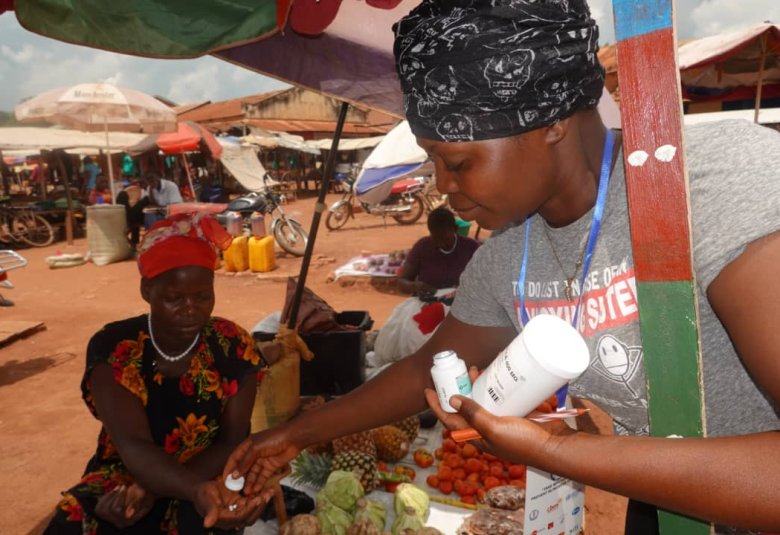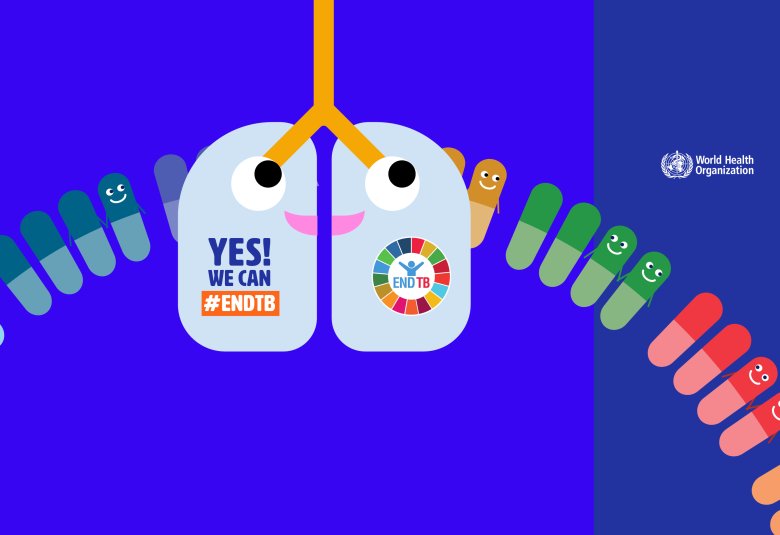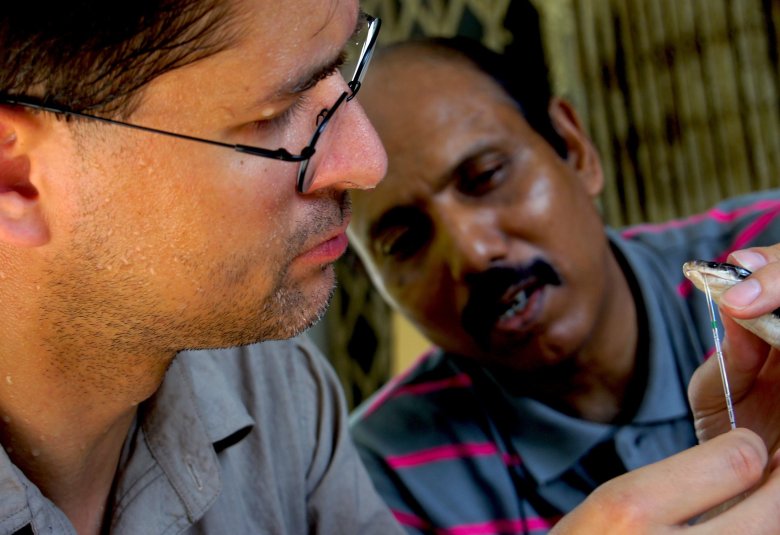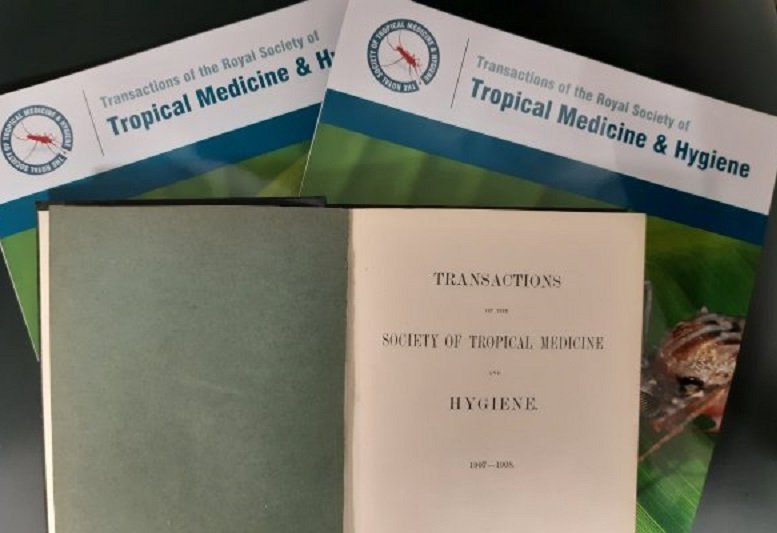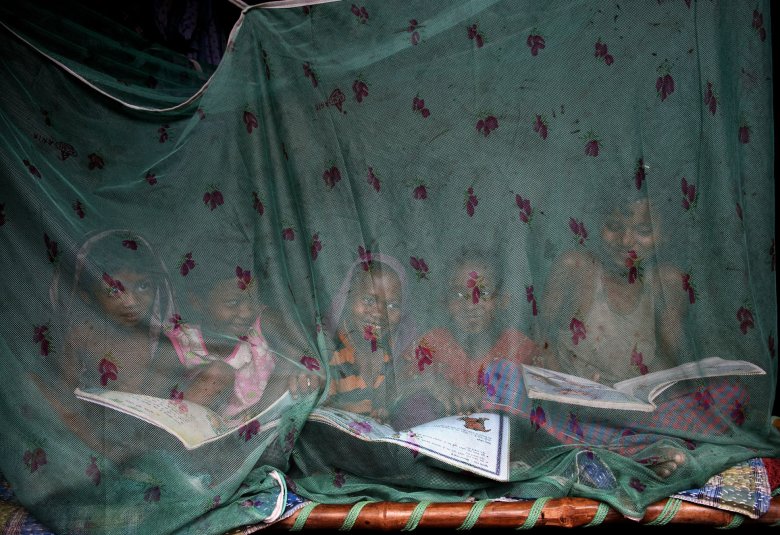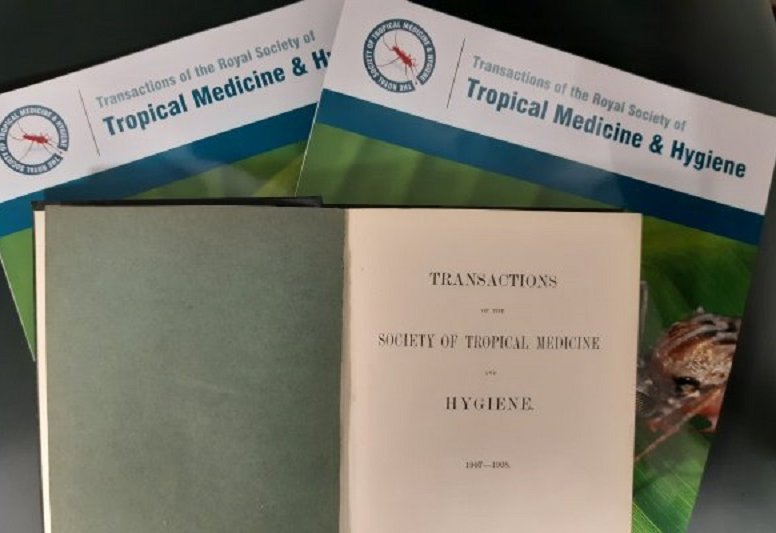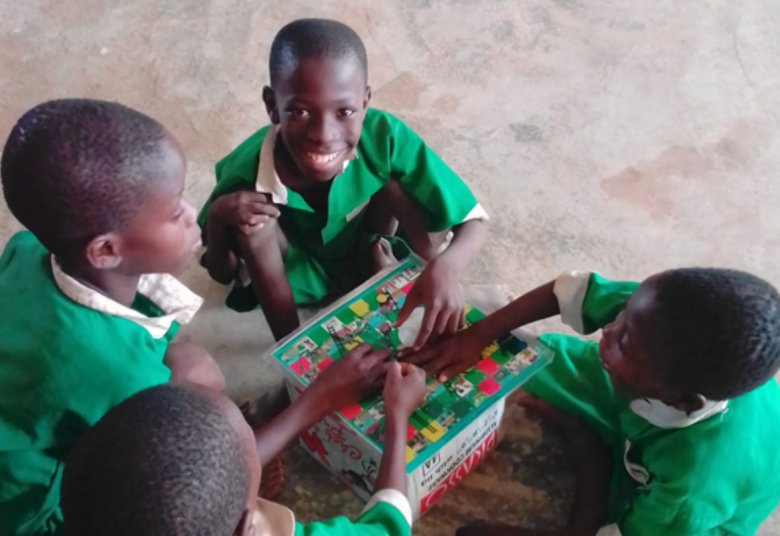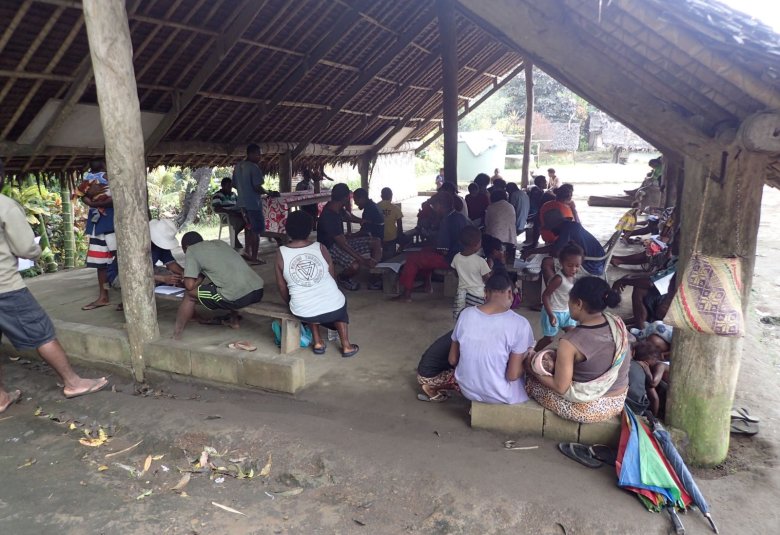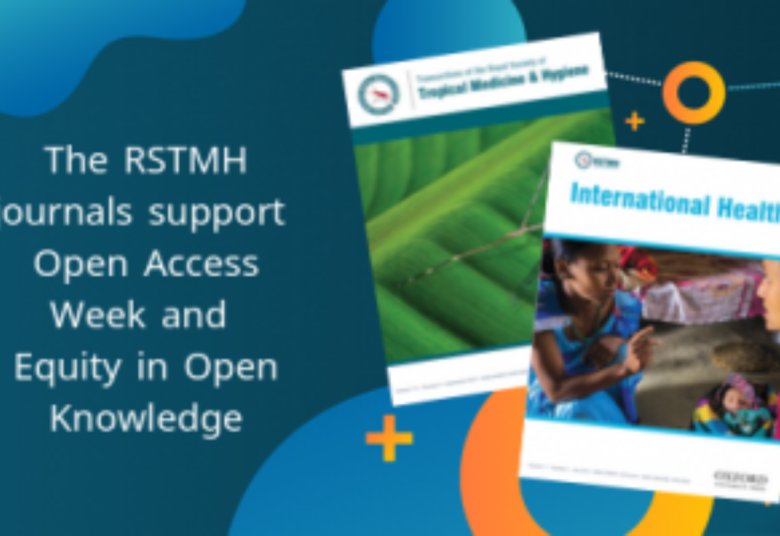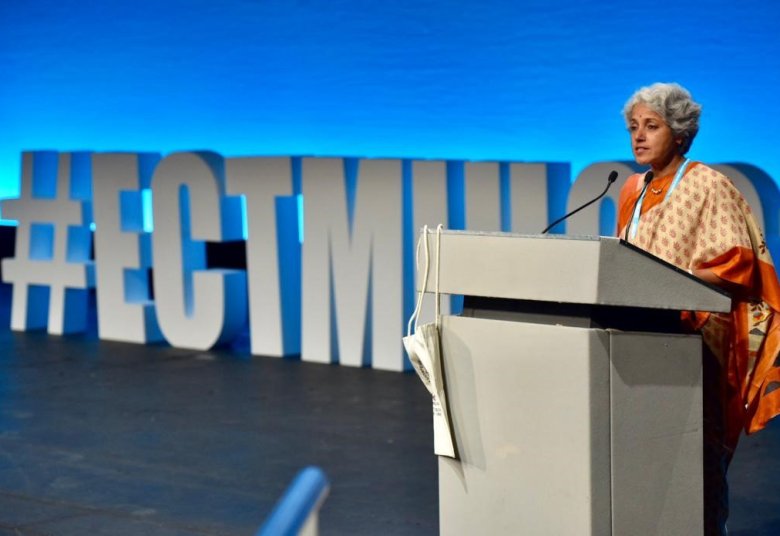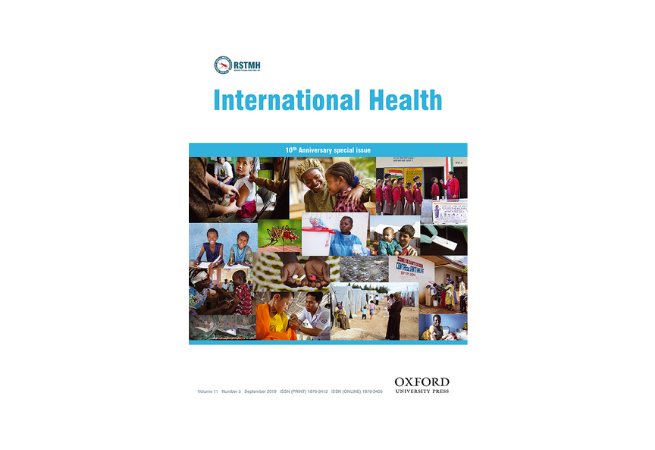ASTMH TropMed17: a tale of two societies
This month we attended the sixty-sixth ASTMH conference in Baltimore. It was a great opportunity to meet up with existing members and consolidate our relationship with the American Society, our counterpart in the States.
As RSTMH President, I joined the ASTMH medals team earlier this year to agree on the Donald Mackay medal prize winner. A reciprocal arrangement will follow in 2018.
This is a shared medal in memory of Donald Mackay, which was established in 1990. Mackay was a long-standing member of RSTMH, joining in 1945 during his time in (then) Rhodesia. He returned to the UK in 1973 and became the Deputy Director of the Ross Institute at LSHTM. He served as RSTMH treasurer from 1976 to 1981.
Donald Mackay medal
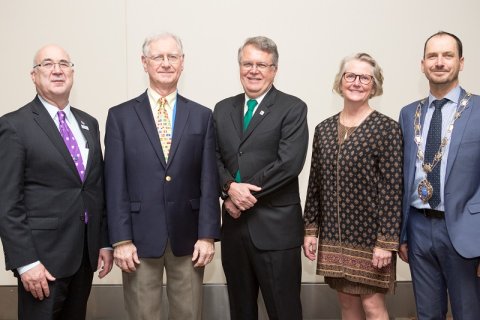
One of Mackay’s interests was in UK-USA cooperation, so when the award was set up, it was agreed that it would be shared between the two societies.
This year, the Mackay medal was awarded to Dr Patrick Lammie, the chief scientist for the Neglected Tropical Diseases Support Center (NTD-SC), a programme of The Task Force for Global Health. Previously, Dr Lammie spent over 20 years working at the Centers for Disease Control and Prevention (CDC), his focus being lymphatic filariasis.
To formalise the partnership between the two societies and to celebrate future collaboration, we hosted a joint reception with our members at which a scroll was signed by Steve Higgs, ASTMH Immediate Past-President, and me in recognition of our shared aim to reduce the global impact of tropical diseases.
Many thanks to Karen Goraleski, ASTMH Executive Director, (pictured above) and Steve Higgs from ASTMH and their contribution to making the event happen.
Trending topics in tropical medicine and global health
Being at the ASTMH conference provided us with the opportunity to hold an Editorial Board meeting for our journals Transactions and International Health.
A variety of subjects were discussed including journal performance, changes made to our editorial processes and structure, and some of the opportunities that we would like to offer early career researchers.
These meetings are a great way to discuss the journals in detail and receive valuable feedback from the experts who support the journals.
It was particularly helpful to have input from our Board Members on the trending topics in tropical medicine and global health. Some interesting ideas were suggested and we’ll be looking to organise special issues to cover them next year, so watch this space.
Editor-in-Chief vacancies for both RSTMH journals
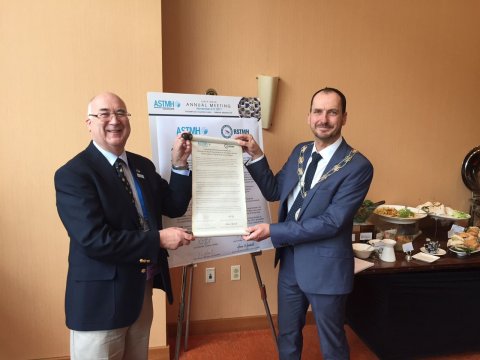
An important outcome from the meeting was the support of our Board Members for the appointment of Editors-in-Chief for both Transactions and International Health. These positions are important for the development of our journals and will reinforce their position in the field.
The recruitment process is now underway, and we encourage anyone who would like to take the lead on our journals to apply.
Wolbachia to control mosquito-borne diseases
The presentations at ASTMH were of a very high quality and allowed attendees to see some of the high-impact work taking place in the field. A highlight was the Fred L. Soper Lecture, delivered by Scott O'Neill of Monash University, Australia.
In his talk, Scott discussed his research using the bacteria Wolbachia to control the transmission of mosquito-borne viral infections. When Wolbachia is introduced to the Aedes aegypti mosquito population, transmission of virus is reduced.
The World Mosquito Program has been conducting several projects where both male and female Aedes aegypti mosquitos carrying Wolbachia are released into the general mosquito population.
The aim is for the Wolbachia-carrying mosquitos to breed with the wild population, passing the bacteria to the offspring. Benefits of this programme include long-lasting effect and thus no requirement for repeated release of mosquitoes.
Progress towards a malaria-free world
Another key session was the Alan Magill Symposium on Malaria Eradication. The symposium, organised by ASTMH President-elect Regina Rabinovich and Scott Miller of the Bill & Melinda Gates Foundation, covered the progress being made towards a malaria-free world.
Topics discussed were the E-2020 initiative, residual transmission, elimination strategies that include women of child-bearing potential, and the current focus on Plasmodium vivax research.
Malaria is one of our priority areas and this symposium clearly highlighted the advances as well as the challenges to the elimination and eradication effort.
HIV vaccine essential to stop pandemic
The final plenary talk of the conference was given by Anthony Fauci, Director of the National Institute of Allergy and Infectious Diseases. Anthony began his talk by summarising the successes in HIV and AIDS treatment: since the year 2000, over 10 million HIV-related deaths have been averted due to the use of antiretroviral therapies.
He went on to say that although treatment as prevention and pre-exposure prophylaxis strategies could theoretically end the HIV and AIDS pandemic, a vaccine will be essential to address the current implementation gap.
Although it is unlikely that an HIV and AIDS vaccine with the same efficacy as those for measles or polio will be developed, Anthony concluded that the development of a moderately effective vaccine, together with optimal implementation of existing prevention and treatment strategies, could end the current pandemic.
